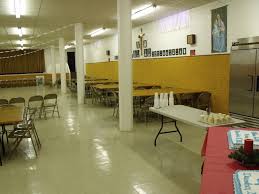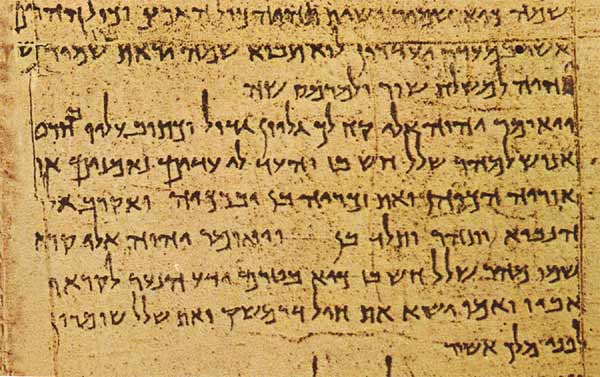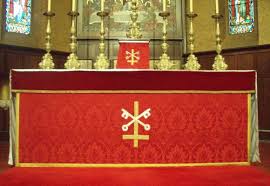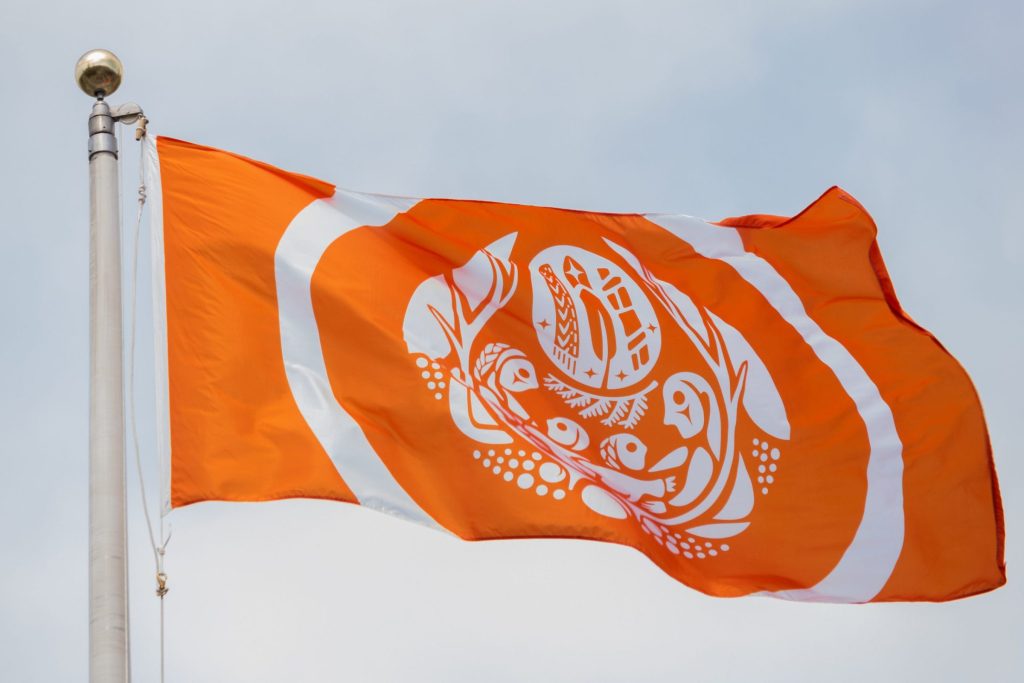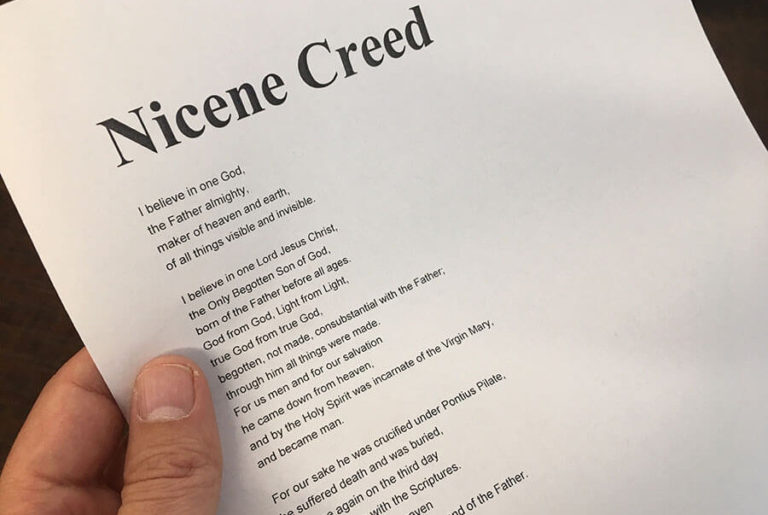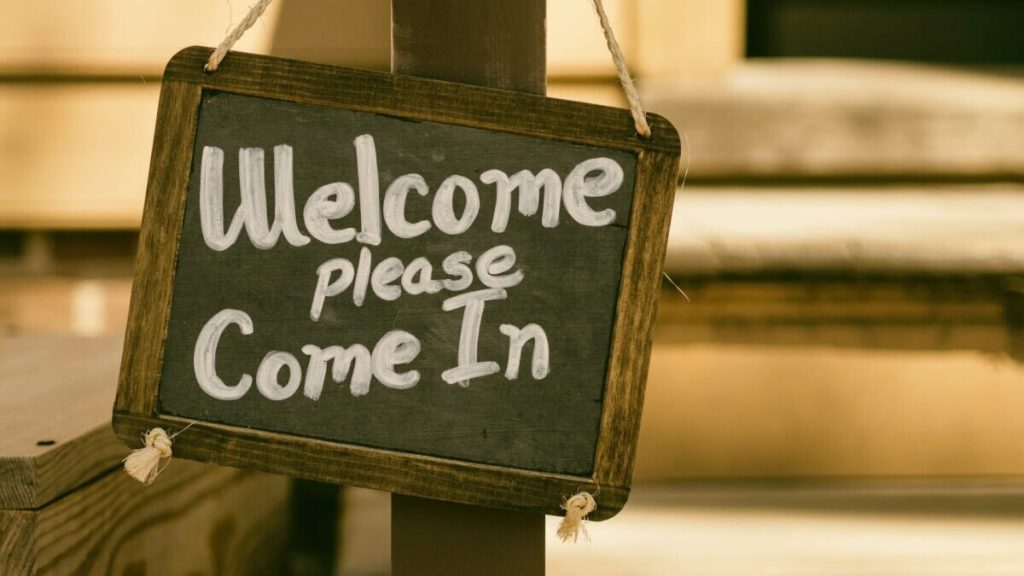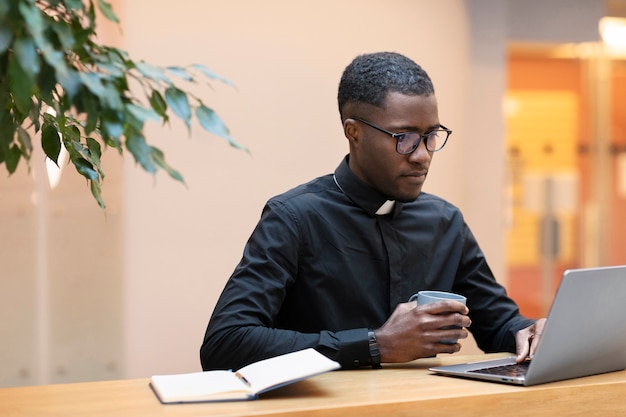
I should have learned by now that God has absolutely no respect for my calendar.
Every week begins with such promise — my planner laid out neatly in front of me, pens arranged in a hopeful rainbow, appointments colour-coded like a bishop’s vestments in Ordinary Time. I make my lists, sip my coffee, and think to myself, “This week, Don, you’ll stay on top of things.” And without fail, by Tuesday morning, some unforeseen pastoral adventure has arrived to remind me that my plans are more of a suggestion than a decree.
It might be the parish printer choosing to undergo a spiritual fast during bulletin production, or a phone call from someone who “just needs five minutes” (which, in church time, means forty-five and a pot of tea). Sometimes it’s a funeral that rearranges the week entirely, or a wedding rehearsal that turns into a theological symposium on the nature of love, human fallibility, and the best brand of punch for the reception.
I used to call these “disruptions.” Now I call them “holy interruptions.”
Because, truth be told, much of ministry — and much of life — happens in the margins of our schedules. It’s the unplanned visit, the unexpected conversation, the last-minute request that somehow turns out to be the very place God was waiting to meet us.
The Gospels are full of these holy interruptions. Jesus never seemed to make it through a single day according to plan. He’d set out to preach in one town, and on the way, someone would tug on His robe, or a crowd would gather, or a friend would say, “There’s a wedding in Cana — you should come!” And there, amid the detours, the divine would unfold. Blind eyes were opened. The lost were found. Water was turned into wine — always a good reminder that God’s interruptions are rarely dull.
There’s a reason for that. The God we meet in Scripture — and, I suspect, in our daily lives — doesn’t inhabit the world of tidy schedules and predictable routines. God’s Spirit moves like the wind, or like a parishioner with a new fundraising idea. You can try to contain it, but you’ll fail gloriously. The holy, it seems, is allergic to our sense of control.
I remember one afternoon in a former parish when I had been determined to write a brilliant sermon. The study door was closed. The coffee was hot. The Greek New Testament was open to just the right passage. And then — knock, knock.
“Father, do you have a minute?”
Of course, I did. It turned out to be one of those conversations that began with, “I don’t really know why I came by…” and ended with tears, prayer, and a palpable sense that God had drawn near. The sermon got finished later — it always does. But that moment was ministry in its purest form: unplanned, unscripted, and holy.
In parish life, we live perpetually in the tension between planning and openness. Vestry meetings, budgets, rotas, and calendars all serve their purpose. But we also need room for the Spirit to surprise us — to show up with an idea, a need, or a person who changes the direction of the day and maybe, if we’re lucky, the direction of our hearts.
So, I’ve come to think that our interruptions are not distractions from the work of God — they are the work of God. They’re the divine knocking at our door, calling from the other end of the phone, or gently turning our colour-coded plans upside down.
The trick, I suppose, is to meet each interruption not with frustration, but with curiosity. To ask, “What might God be doing here, right now, in this unexpected moment?”
And who knows? The next holy interruption might just be the best sermon you never got to finish.
A Prayer for Holy Interruptions
Gracious God,
You move through our days in ways we don’t expect —
in the phone call, the knock at the door,
the moment that breaks our routine.
Teach us to greet each interruption as a gift,
to listen for Your voice in the unscheduled and the inconvenient,
and to find You, always,
in the beautiful mess of ministry and life.
Amen.


